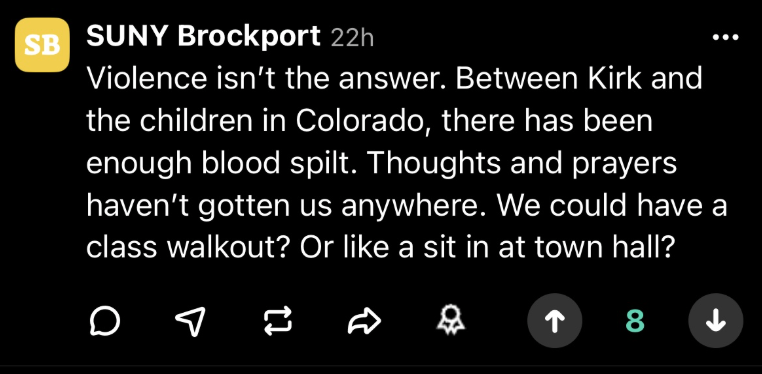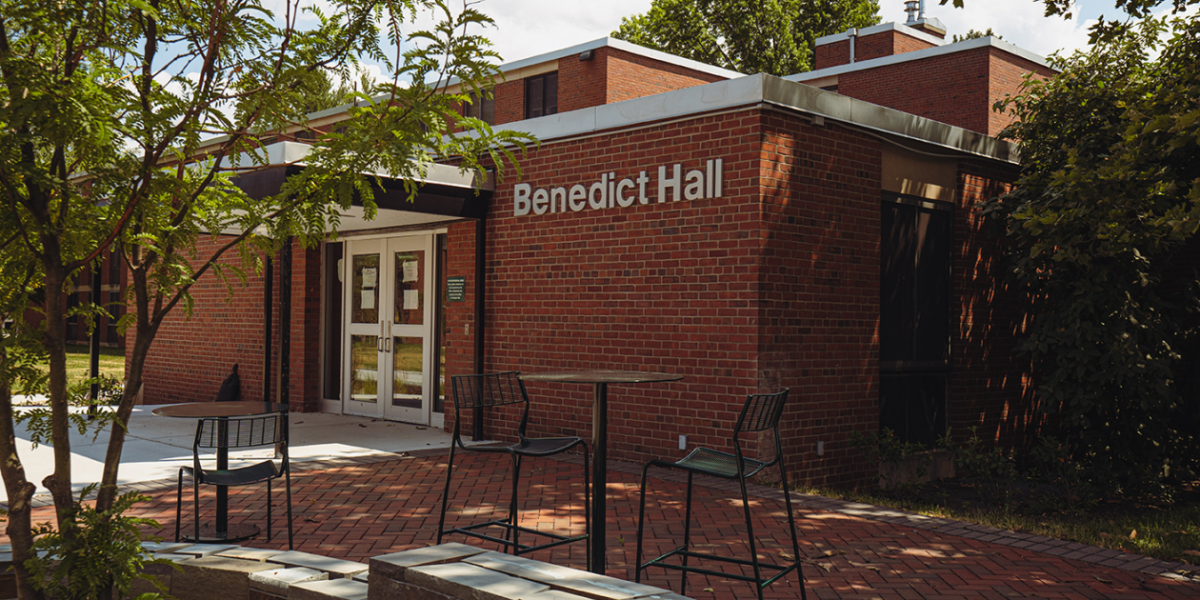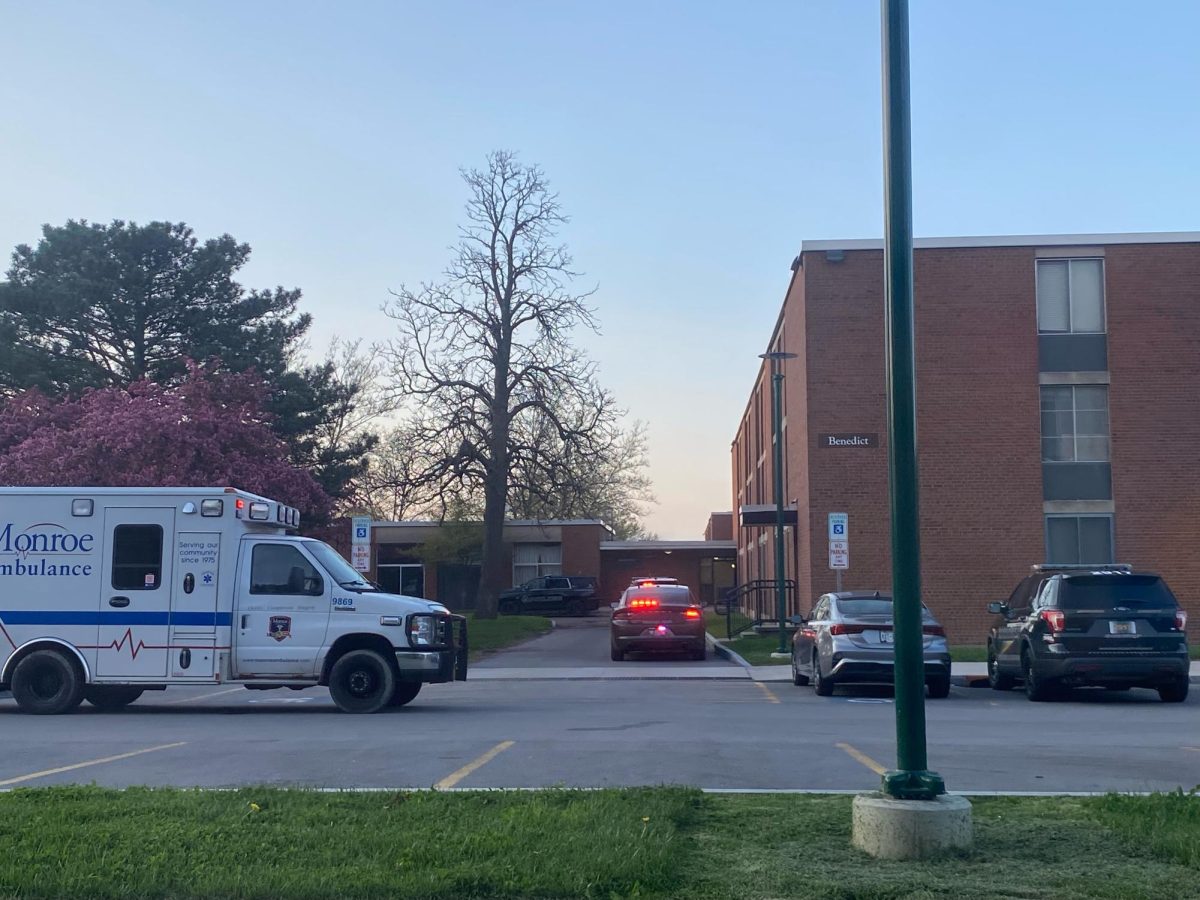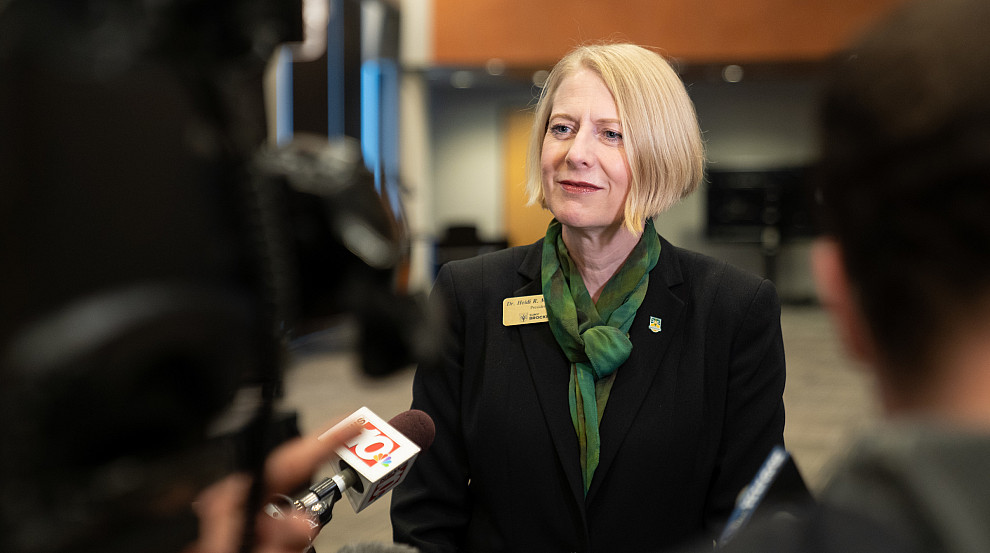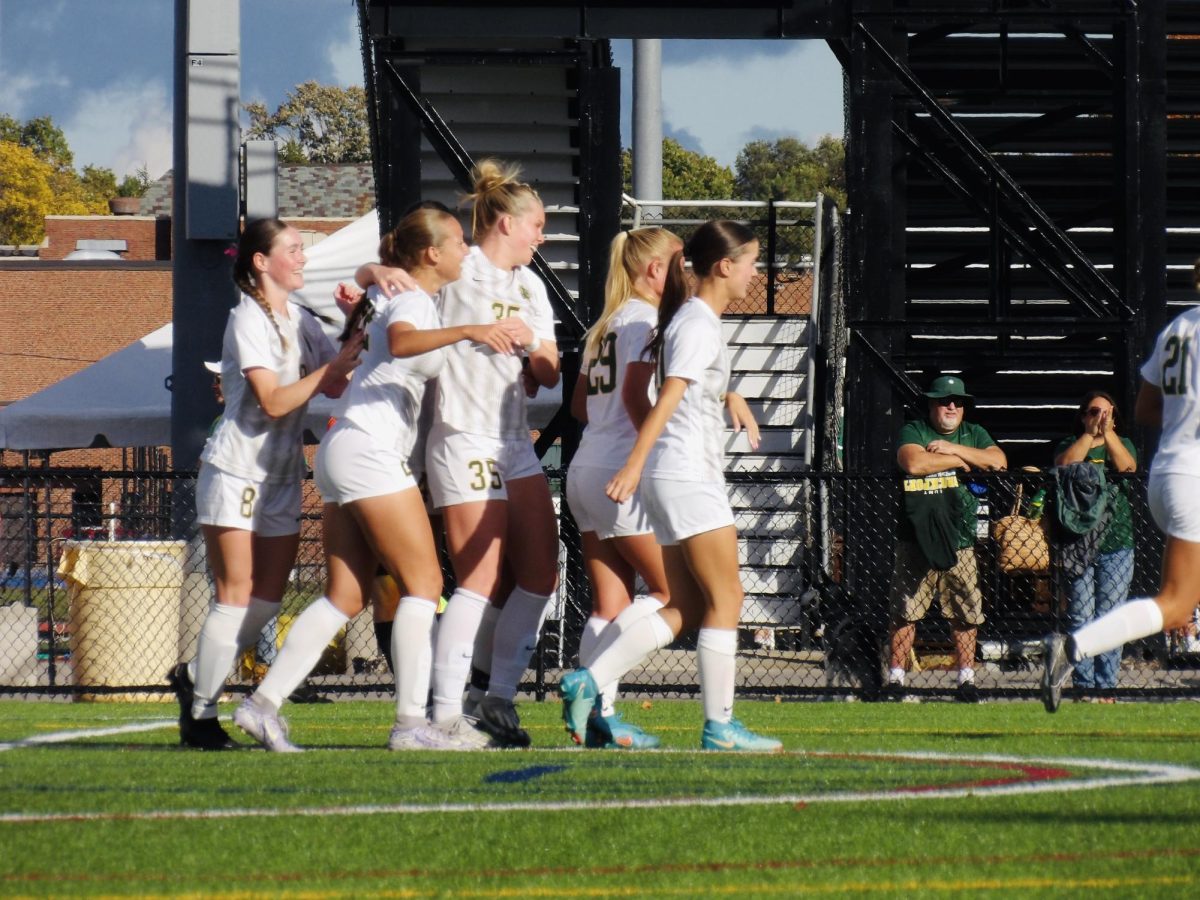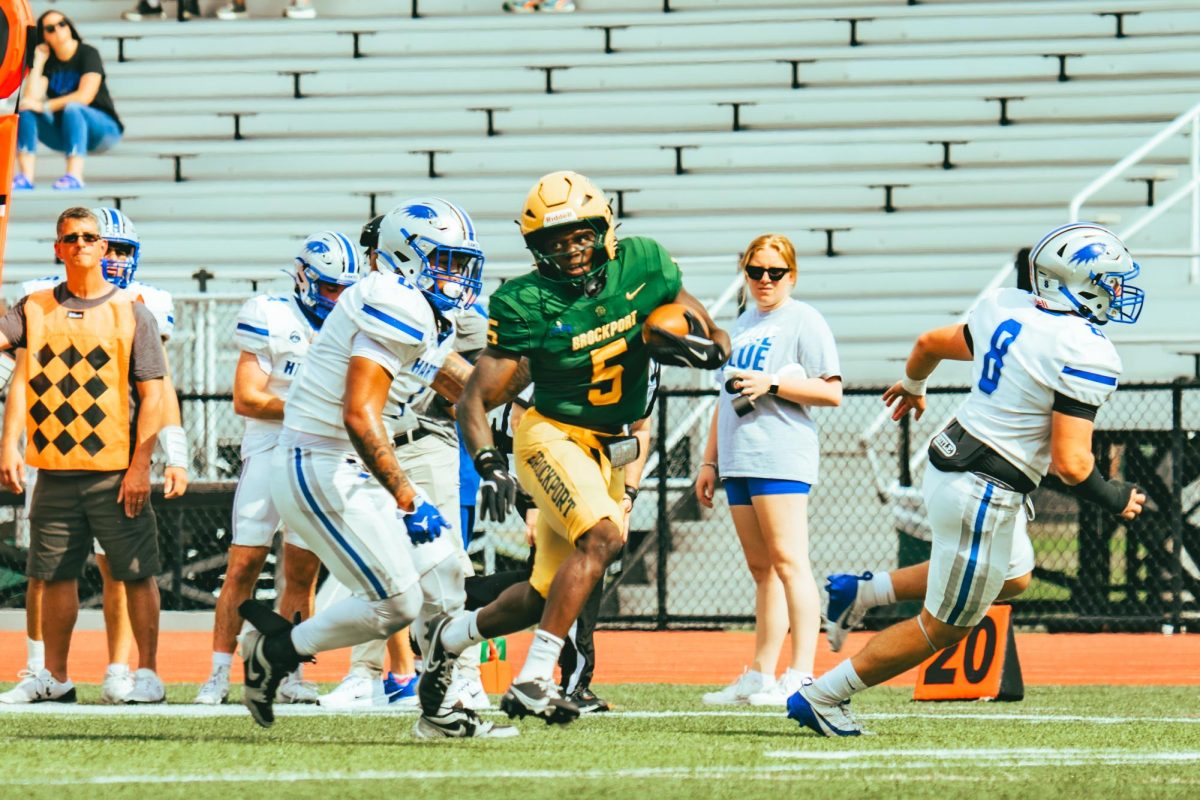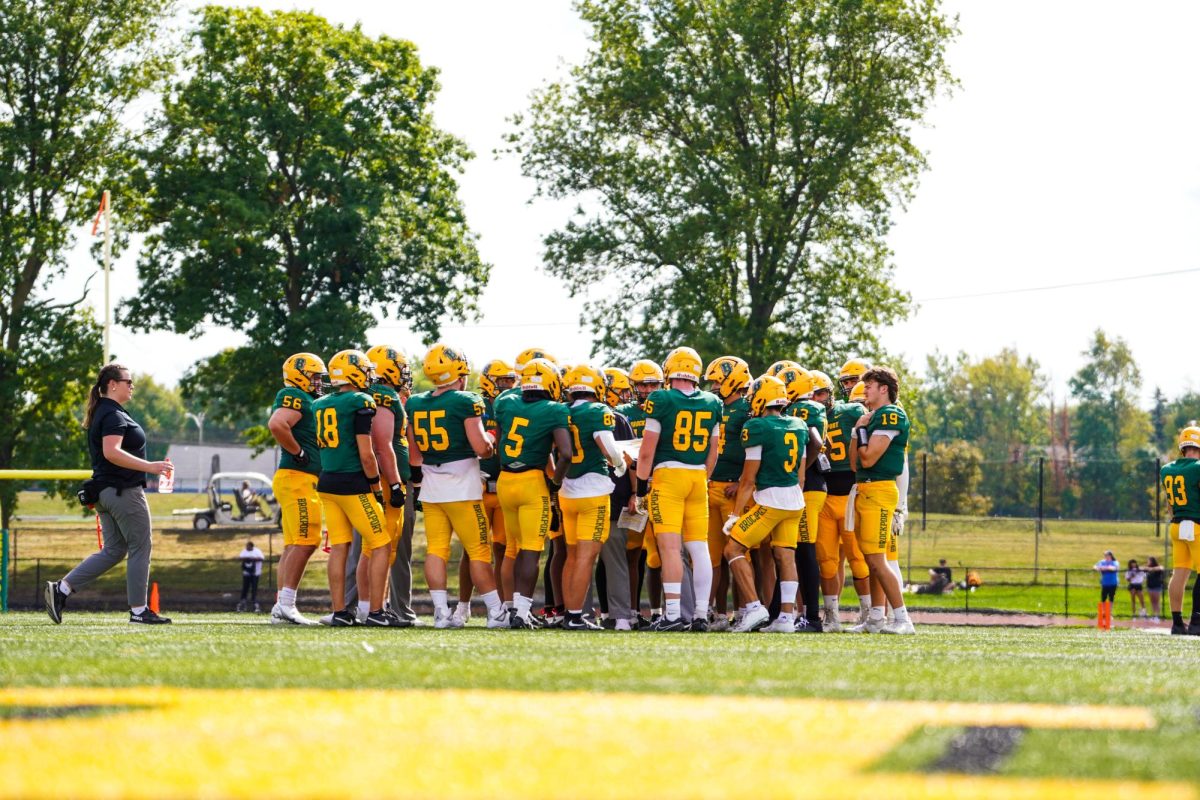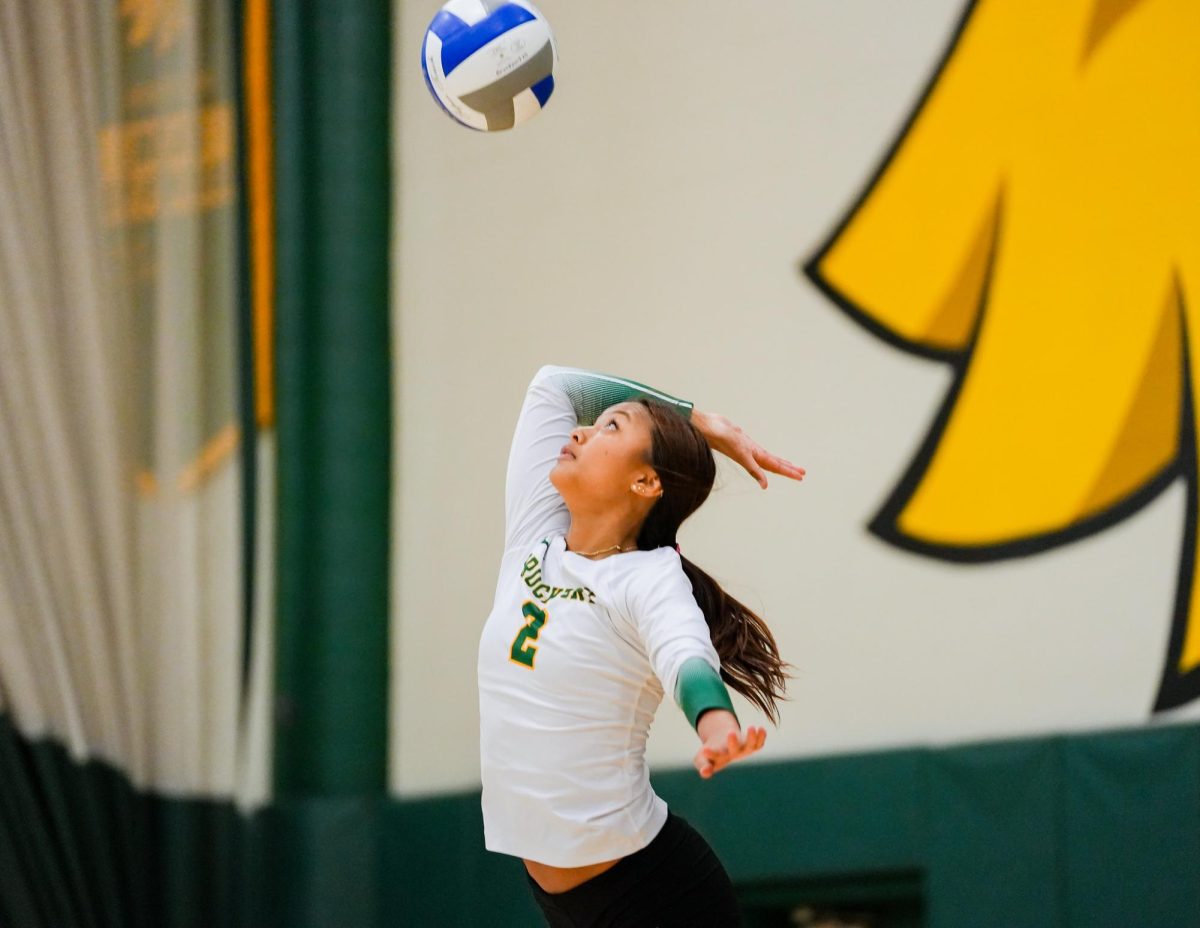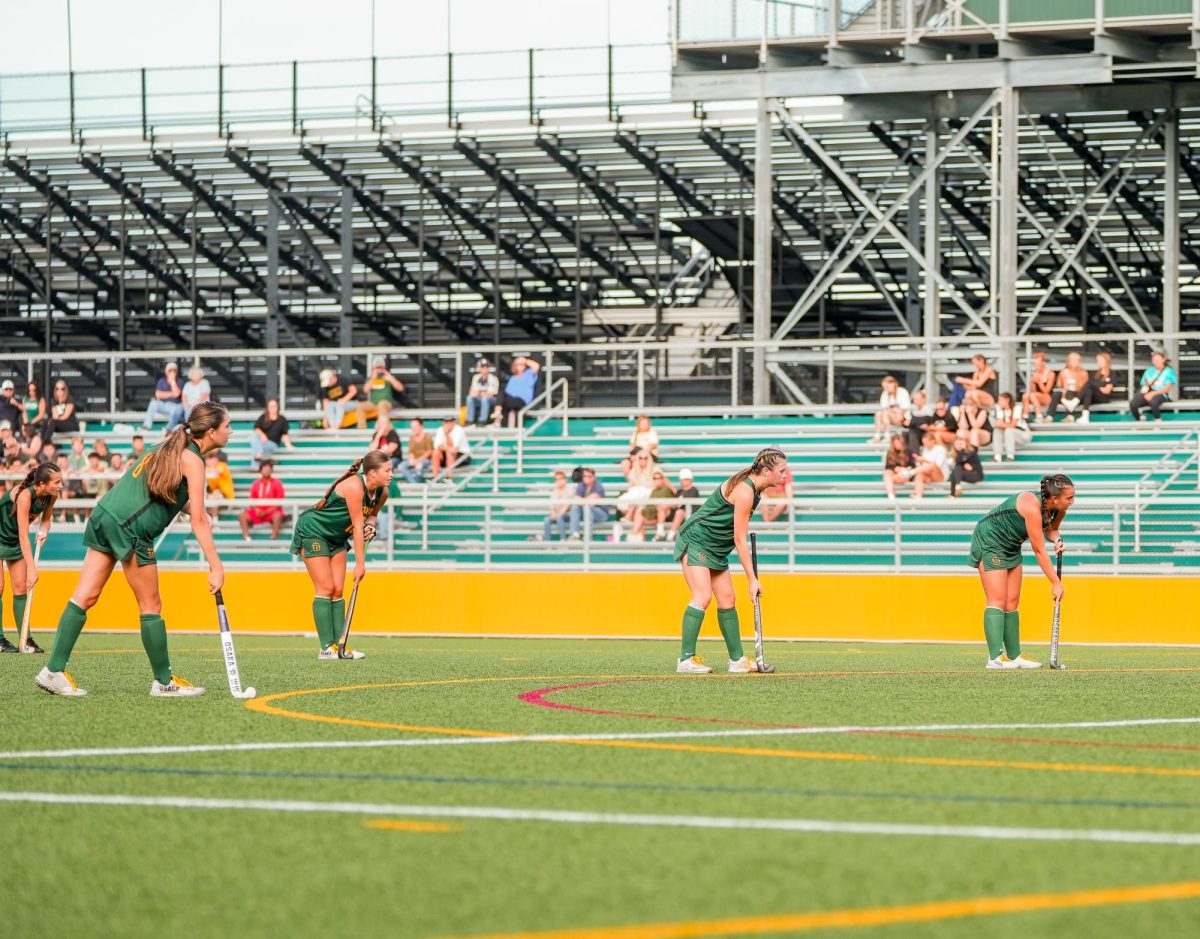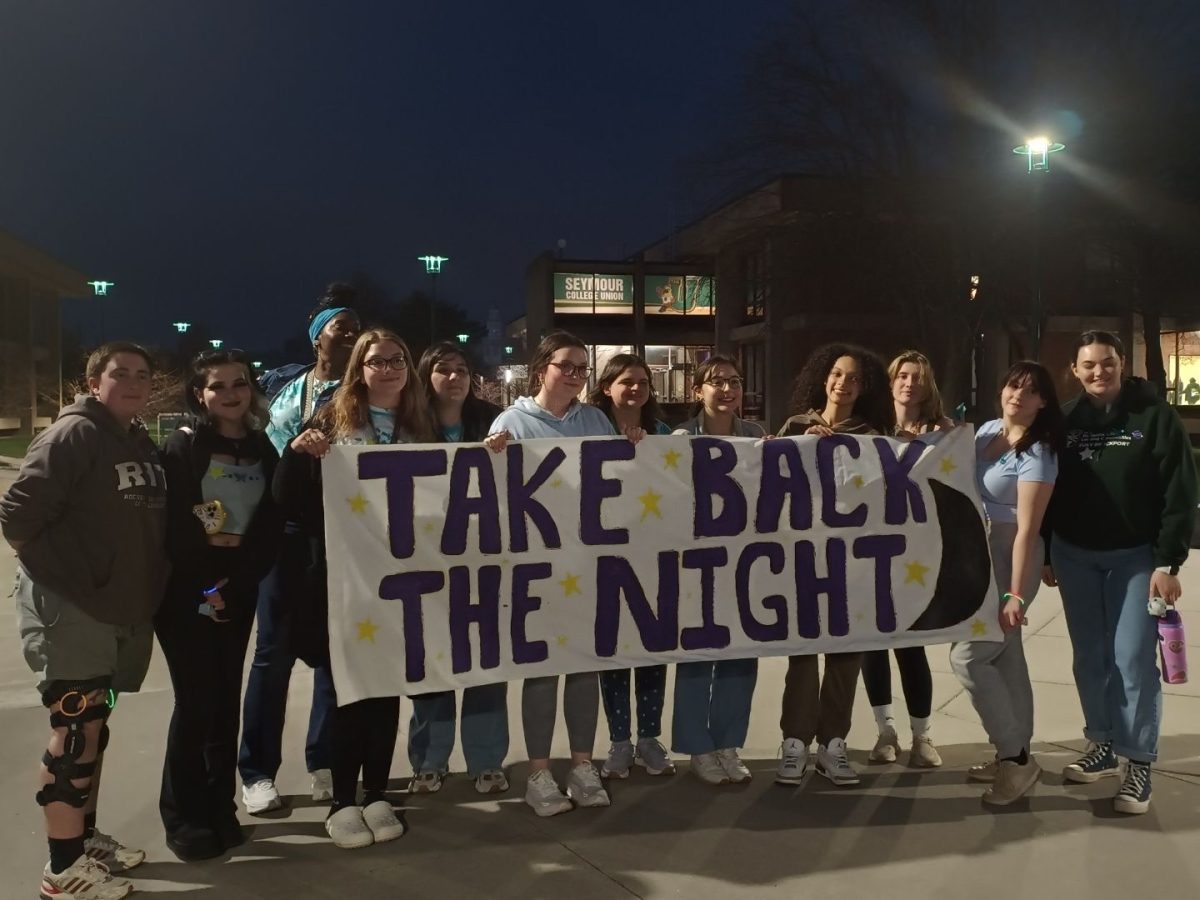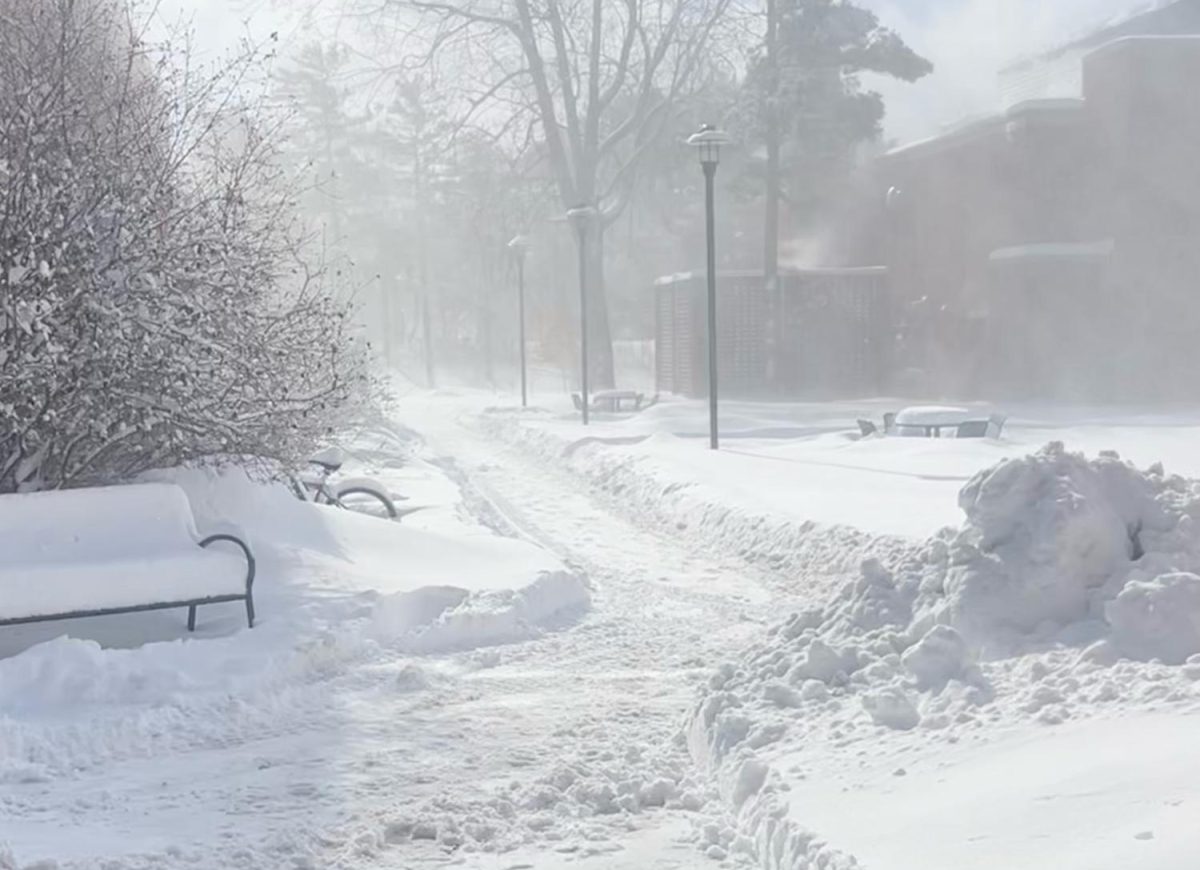The following story was submitted to The Stylus to spread awareness about the atrocities of sexual assault that have occurred and still occur on this campus. Minor formatting edits were made to the submission, but the message and anecdote is entirely the words of the writer.
My years in collegiate athletics were the hardest time I’ve ever endured, and I cannot imagine that I will experience something more difficult in my lifetime. I knew when I committed to it that this was going to be a great challenge, and that finding balance, taking care of myself and performing to the highest standard would be a task in itself. Many student athletes struggle with this, and when their mental health is already precarious, it must become a priority to maintain. These were not my challenges. If I had to become a cautionary tale, so be it. But, cautionary tales are typically told; my story has been buried. I hope to see change within this sphere of academics so this does not repeat for others.
My first semester was an adjustment. I was finding success in my sport while struggling with coursework, and my physical health was deteriorating. And then, I was raped, by a teammate, in the presence of both our men’s and women’s teams. It was already public knowledge, and I had no say in the actions that followed, the perceptions about it or even the story that circulated. It was reported without my knowledge, and because he was a previous offender, an investigation commenced. He was on their radar already. This didn’t have to happen in the first place. But it did. Now I have to remember that it did, every day.
Think back to freshman year. Nobody is perfect, but this is an especially vulnerable time as we learn to navigate a world with little supervision or safety nets. This was the worst year of my life, and because I left my athletic program, my character is immortalized as the person I was while negotiating deplorable circumstances. I was doing my best, which was all I had. But why does depression-induced paralysis become “lazy,” a “bad teammate,” someone who “doesn’t care”? For someone struggling with mental health, this is a flagrant example of a refusal to understand, support or accommodate from both my peers and superiors. For me, when the team I was letting down was the very source of my sadness, it was especially isolating. They had all been there, they had to remember, right?
I believe my teammates had to push the incident to the back of their minds or deliberately forget about it altogether. I do not blame them for this. It is difficult to push for collective success with this in the shared context. But why were we left to figure this out on our own? Many of my peers really struggled that year. This led to massive infighting that was dismissed as “drama” while the root cause was never addressed. We all knew what had happened. We needed guidance. We were not versed in situations like this or how to accept that it had happened. The team was failed by those in charge who decided not to mention it. I was failed by those in charge who decided not to mention it.
The “infighting” was often directed at me. I suffered at the hands of others who were confused and hurt by what had happened to me. Again, I understand. This was too big for us to handle ourselves. Many of us asked for someone to step in, for this not to be a situation led by 18- to 20- year-olds. I asked if I could address the group and maybe ease the tension. Maybe we could have released the collective breath we held had the incident been acknowledged by name. Who was being protected by hiding it? It wasn’t me. It wasn’t my teammates. This leaves only those in charge of our program, the administration and him as answers. Why did I have to be the learning example, and not him? Why was my reaction to his crime the takeaway?
I was told during the investigation of the incident that because of other events that had taken place, the program was going to be investigated for facilitating a type of environment where victims were made. I felt the responsibility of protecting my coaches and an entire athletic program from consequences they did not deserve. I was also asked, for my team, to be an example for them, to be their biggest cheerleader and show that if I was alright, then they could be, too. I was further asked to participate in the investigation. I was asked to dive into it headfirst, regardless of my readiness, because it was on me to “protect my female teammates.” This was too much to put on anyone, especially a freshly 18-year-old. When I inevitably broke, I felt forgotten and dare I say abandoned. I had given the last of my energy to a program that could not even acknowledge what I had gone through. I truly believe that without many of my own efforts, the team would not be able to continue as it has. But, I am merely a “quitter” to those I adored enough to sacrifice myself for.
I slipped through the cracks of administration as the department in charge of sexual assault investigations had a changing of the guard. What happens when there are no accommodations for your circumstance? Was I to throw away the thousands of dollars I had saved for my education because he had taken it from me? There should be more options. My team was quick to forget the source of my pain, and I understand why. I was let down by my administration. I continued to struggle academically, and entirely because of the incident. Should I be the only one taking responsibility for what happened to me on my own campus and within my own team? The only interventions I received were disciplinary warnings related to my grades, with no reference to the context. The number of professors, advisors, administrators and department chairs I had to explain my circumstances to were enough that I could recite it robotically. There were no procedures in place for me besides the automatic “she’s going through a hard time” email to my staff. This was sent only one semester, because “someone else got hired to send those out and we forgot”. What can Brockport do for the victims it pretends to stand with? I felt unwanted at my university because I was unable to succeed with the cards it had dealt me. I was made to feel like a nuisance rather than someone who needed support. I was doing everything I possibly could.
One of the most difficult burdens I carried was that academically, this was all on me, too. How many semesters would I struggle to stay alive, much less succeed in my studies? How many assignments did I need to fail to complete before I was told something other than positivity? My GPA was abysmal, and I failed to receive help from anyone other than my professors. I had to divulge my story to each and every one of them, for them to tell me that without the official accommodations that were forgotten about by higher-ups, they would do the best they could. I feel guilty for placing this weight on my staff when there were institutions in place for exactly this. How many times do I need to ask for help? How many classes did I need to fail before I was told something other than, “well, NEXT semester will be different.” I evaded academic probation with my “extenuating circumstances,” but without support for things to improve. It was on me to walk away. I was the one to decide I could not afford to throw more money away. This took me years to conclude. It was the hardest decision I’ve ever made. Yet, it was all on my shoulders.
I was drowning. I felt like I was trying to hold water in my hands while managing daily responsibilities. The bare minimum became impossible. I was choosing between tasks like attending class or practice and eating even one meal a day. I was paranoid and preoccupied by maintaining my physical safety when my offender began blatantly ignoring our no contact order. I have to live with the person I became during these years: a poor friend, a poor partner, an unhealthy shell of myself. I ruined relationships with those I loved while trying to keep myself afloat. I have hurt those I care about by dragging them down with me. It didn’t have to be this hard. The burden of self advocacy cannot be carried on the shoulders of someone already out at sea.
In the aftermath, my friends and I were angry and heartbroken. My coach’s words still rang in my ears, that it was on me to protect my abuser’s future victims. I was asked by others in his department to discuss with the department chair what he had done to me. His suspension and its reasons were classified.They were concerned that this would impede proper discussions of his readmission. He had been immediately reinstated and was to graduate, then work in a field in which he had power over vulnerable people. His classmates were concerned, and so was I. Someone who was deemed by the same university to be a “repeat offender” was to now work as a healthcare professional? When I sat with the department chair, the student officers at my side, she refused to listen. She did not want to know what he had done to me and to the others because that knowledge would have weighed on her (a fraction of the amount it did on me). She sighed, annoyed, and said, “Is this something you can let go?” Kathy, I wish. I’m trying to. The question though, becomes, how is this something you can look past? She told me the stories of everyone in her program that had been suspended: someone set a bush on fire on accident, someone had taken suggestive pictures of their pet “drinking,” and then yeah, someone had abused and raped the girls surrounding them, designated a confidential “conduct issue.” She blamed alcohol and students’ drinking habits for everything from vandalism to rape. She dismissed me and my tears, and the strongly worded objections of his classmates at my side. This seems irresponsible, at best. He is now a professional. I am now unable to do the bare minimum to support myself.
In the aftermath, I went to the office in charge of these investigations, again. I asked if there could be protections put in place so that when someone is suspended from the college, the program within that they applied to should also review their readmission. He was reinstated to the college. He was never reviewed by the nursing program he had to apply to. I was seeking safety for future victims, not revenge by any means. I wanted this burden to not be solely on the students in future cases. I was laughed at and told, “I remember when I was young and delusional.”
I went through the appropriate channels. I was mocked and ignored. It is still on me to share my story, in the hopes something can be done. I have met far too many victims who have been lost through the cracks of SUNY Brockport. I hope something can be done. I hope another 50 years of survivors do not have to be treated as doormats and ignored until they drop out.
I had the burden of my athletic program’s survival, future victims of a repeat offender and the effects of a depraved sexual assault on my shoulders, yet I was expected to be the sole advocate for rights I was not aware I had. We can do better than this. We need to do better than this; victims deserve more.
I was never seeking revenge, or even justice. I just wanted peace. When I withdrew from classes, it was the first time I had achieved peace. But this seems unfair: He graduated from this very university after a slap on the wrist, while I am left to carry this alone? My only respite from the hell that was advocating for my validity was leaving? No, I won’t stand for this. It makes the public events held for students in my position feel performative. You can’t “take back the night” until I can feel safe on my own campus, day or night. You can’t “take back the night” until I have the same rights as my rapist to the pursuit of a degree.
I will be the cautionary tale, the precedent for these situations, if my story is shared. Otherwise, this will continue, and victims will be merely the ones who couldn’t make it to graduation, to next season or to class in the morning. I was raped by a teammate, and then I was abandoned by my administration. I went through all of the appropriate channels and found only dead ends. I cannot “let this go.” Nobody should have to be treated like this. I should not know dozens of fellow victims who are grieving because of insufficient responses from those who are responsible for them at this college. I refuse for someone else to have to experience this and be left behind by those who claim to wish for their success. I will get my degree, but many won’t, because those in charge decided that their reputation mattered more than we did.

